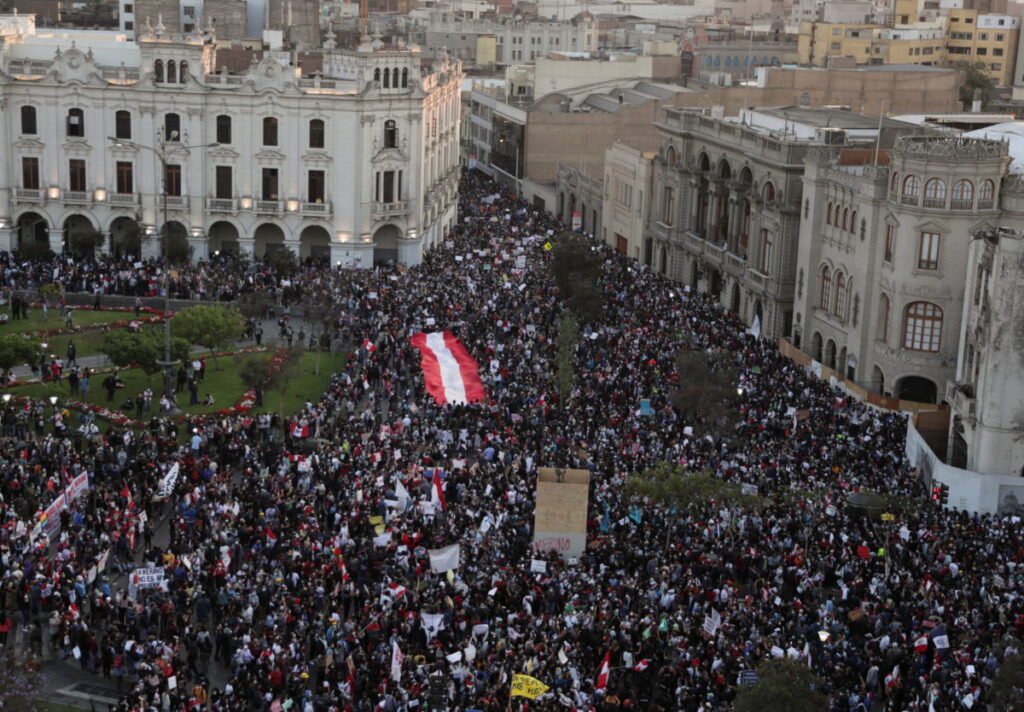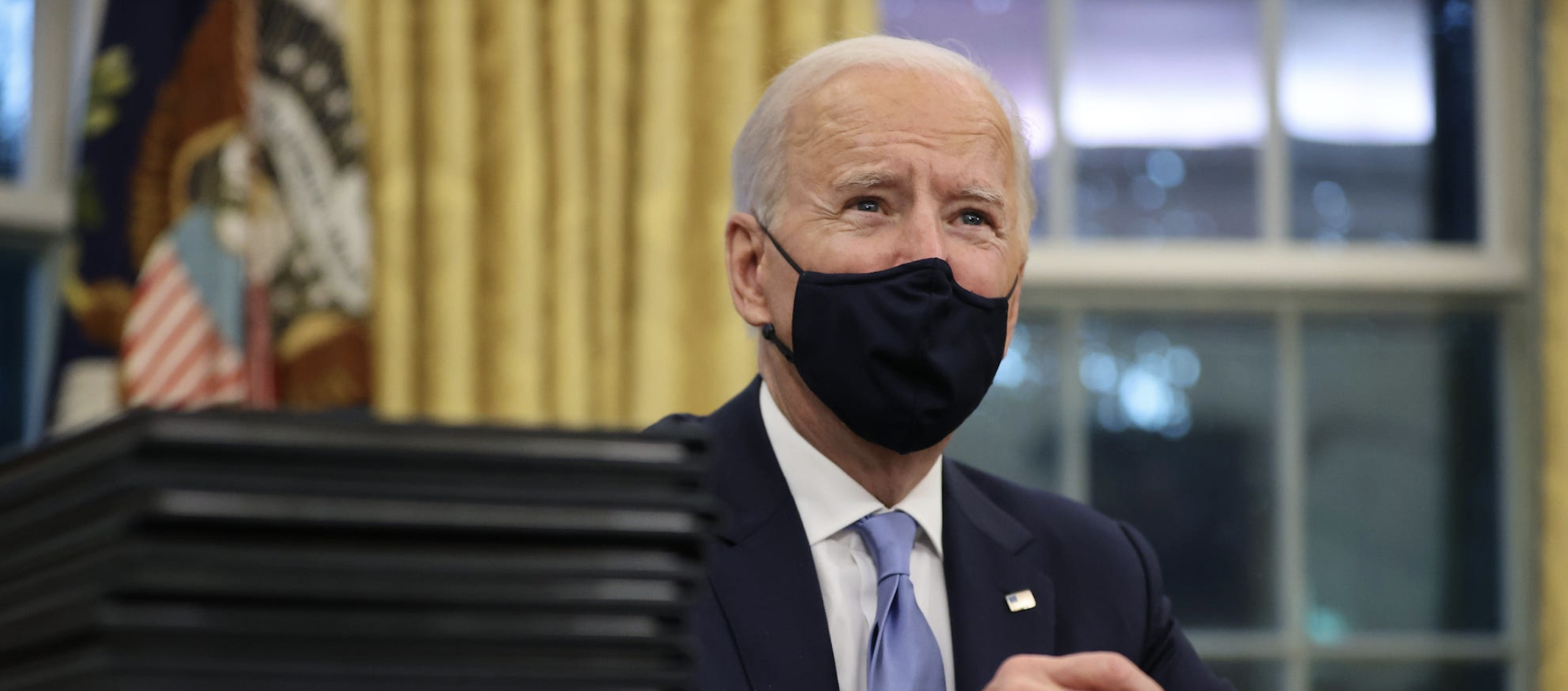Peru is making headlines worldwide after mass protests as a result of a coup d’etat led by a conservative Congress seeking to remove the country’s President from power because of his anti-corruption efforts.
Here is why people are upset, what they’re doing about it and how queer people are being affected in particular.
The modern history of Peru has been filled with political corruption and a military dictatorship in the mid-20th-century that ended only to be replaced by Alberto Fujimori’s infamous dictatorship. More than 20 years after Fujimori’s resignation, the country seemed to have found political stability with the left-leaning Martin Vizcarra, who was one of the most popular presidents in Peruvian history due to his focus on social justice and education reform. However, his anti-corruption efforts angered the nation’s conservative Congress.
As President, Vizcarra banned Congressional re-elections and enforced a new Congressional election in January of 2020 with support from more than 80 percent of Peruvians. This election removed longtime politicians from office and elected newcomers promising change for the people of Peru. The conservatives that remained in power, such as speaker of Congress Manuel Merino, focused their efforts on leading a coup d’etat and ousted Vizcarra from power. After multiple attempts, Merino’s accusations led to Congress opposing two-thirds of their constituents and voting Vizcarra out of office because of corruption allegations. In his place, Merino was sworn in as the new Peruvian president.
Although Peru is set to have a new presidential election in April, many are worried about the damage Merino could do before then with his newfound power. Black, indigenous, queer and gender non-conforming Peruvians (especially those with intersecting identities) in particular are in danger of what Merino’s presidency and presidential influence could do to the country. This year, a study released by the Ministry of Justice and Human Rights revealed the widely held homophobic and transphobic views of LGBT people across the country. A Presidency by the openly homophobic right could lead to discrimination towards queer Peruvians cemented into law. Queer activists joined in thousands of Peruvians as a national peaceful protest sparked and grew as a result of violent police brutality that left at least 2 dead and over 70 injured.
On social media, Peruvians documented the violent police reactions around them and gained worldwide support for their movement under the hashtags #FueraMerino (#OutWithMerino) and #MarchaNacional (#NationalMarch). This has no doubt further increased the pressure Merino faced to come to terms with his corruption, leading to his resignation this Sunday. However, the fight for marginalized Peruvians against political corruption is far from over.
The Peruvian Constitution currently set in place was legalized during Fujimori’s dictatorship and favors a Congress which has a majority of its members currently being investigated for corruption. Peruvian protestors’ efforts are now focusing on reforming the system that allowed the coup d’etat in the first place and even demanding a new Constitution be written for the people. But for now, activists across the country are taking a second to celebrate their successful efforts and the removal of Merino from office.





